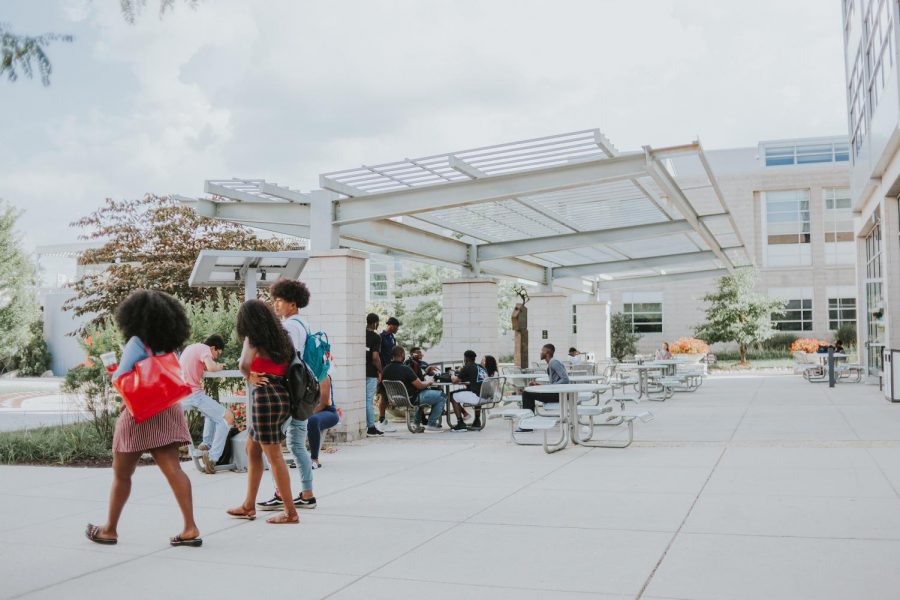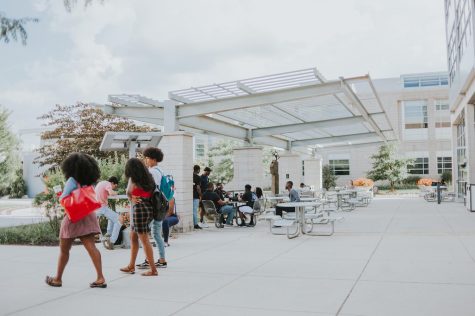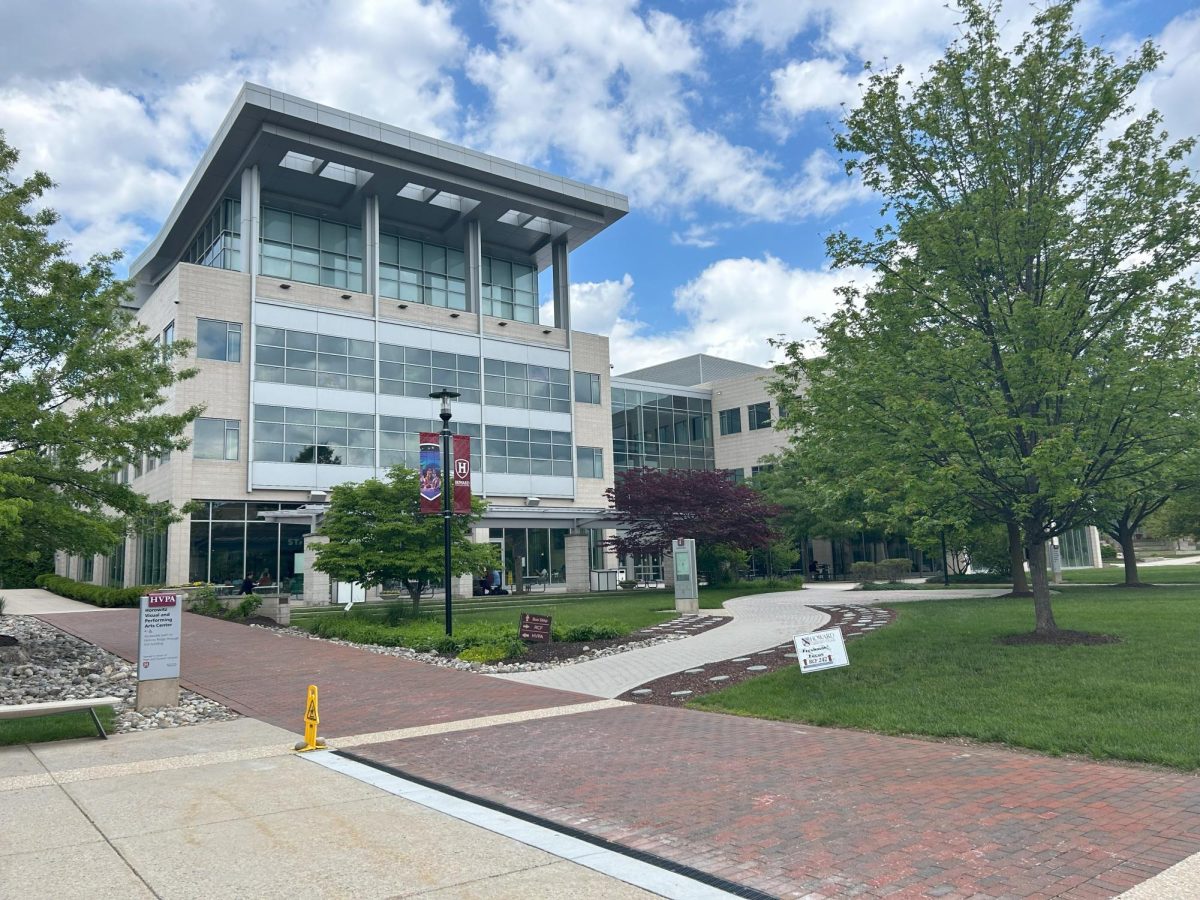Our Time is Ours
May 24, 2019
How much time do you have left at HCC? Our perception of time has a dramatic effect on how we behave. Studies demonstrate that older people generally prefer to spend time with people they are close to, especially family, and pursue and enjoy immediate interests, while younger people express greater desire to adventure, explore, and discover new connections. Yet newer research reveals that these preferences shift not with age, but with perspective. Our awareness of time changes our priorities.
When elderly people were told to imagine they would live for another twenty years, they wanted to spend more time traveling and trying new things. Terminal AIDS patients in their twenties had the opposite tendency – knowing they had at best a few years to live, they wanted to stay close to the people most important to them.
When positive psychology tells us that the quality of our relationships is the number one predictor of long term health and happiness, we start to wonder – do dying people – the people most aware of their mortality, their finite allotment of time and life – have it right? Should we all be seeking to refine our closest relationships, cling to what we love while foregoing the enticements of growth and exploration? The answer is complicated.
Our proclivity for stretching in early life and contracting in later life likely has an evolutionary basis. Imagine living in a preagricultural community – the state our ancestors lived in for millions of years.
In such a community, younger, fitter, and faster people are the best suited to venture forth from the group’s mobile population center, seeking new sources of food and water. Facile, postpubescent youth are physiologically predisposed to exploration. Elders, on the other hand, are slower and more fragile, yet wise with experience. They are best suited to stay with the group, sharing their knowledge and being cared for in turn.
The now-popular theory of group evolution or group fitness founds itself in the idea that humans evolved to work together in communities and promote the longevity of their genetic pool.Perception is fickle. Even though ‘seeing is believing’ and thirty percent of our brains’ neurons are dedicated to vision, what we see is not, strictly speaking, true. Our brain interprets the constant cascade of electrical signals through our optic nerves and decides how to illustrate the most reasonable image it can conceive. To make this illustration, the brain pulls not only from our visual cortex, but also consults known patterns, experiences, memories, and our current physiological state. The result? Our illustrations are illusions. What we see is constructed, not captured.
An array of studies demonstrate this effect. We perceive hills to be steeper when we are wearing a heavy backpack. People appear to walk slower or faster depending whether we have been thinking about turtles or cheetahs.
We can assimilate false body parts that appear to be our own.
Often our perception is molded by events outside our control. The death of a loved one or surviving a near-death experience are common inflection points, after which people express greater gratitude for being alive and show greater appreciation for so-called ‘small things.’ Yet death is not the only reminder of finity. With the knowledge that I will be moving to the UK to attend University, I am acutely aware that my time among the people and places I know best is dwindling. Each opportunity, each day is rare and precious; my thoughts bend to connection, because I know my relationships will soon be stretched or severed by distance.
My window of opportunity to make a difference here is closing. But it takes a certain framework, a certain visible conclusion, to cease taking life for granted and recognize the unique and irreplaceable qualities of daily living. Morbid as it may seem to live with the end in mind, it is a perceptual trick that has been practiced for thousands of years by Stoic philosophers as a way to enlighten – to unburden.
Use your time well. Be a part of campus life. Volunteer. Attend an event. Sit outside; enjoy spring. Talk to people. Thank your teachers. Engage your peers. Advance the cause of kindness. Hold the door. Buy someone lunch. Write a note; let someone know they matter. Get outside your comfort zone. Strike up a conversation you wouldn’t normally have. Ask that special someone out. Control what you can control. Do all the things you could do, all the things you should. You may not get another opportunity. Whether moving across the ocean, across the street, or not at all, our time is not guaranteed. We have only here, only now.
You see, perceptual truth is in living with the awareness of mortality – the lie is pretending we aren’t. That awareness brings with it a single logical conclusion, another stoic tenet – enjoy life.







